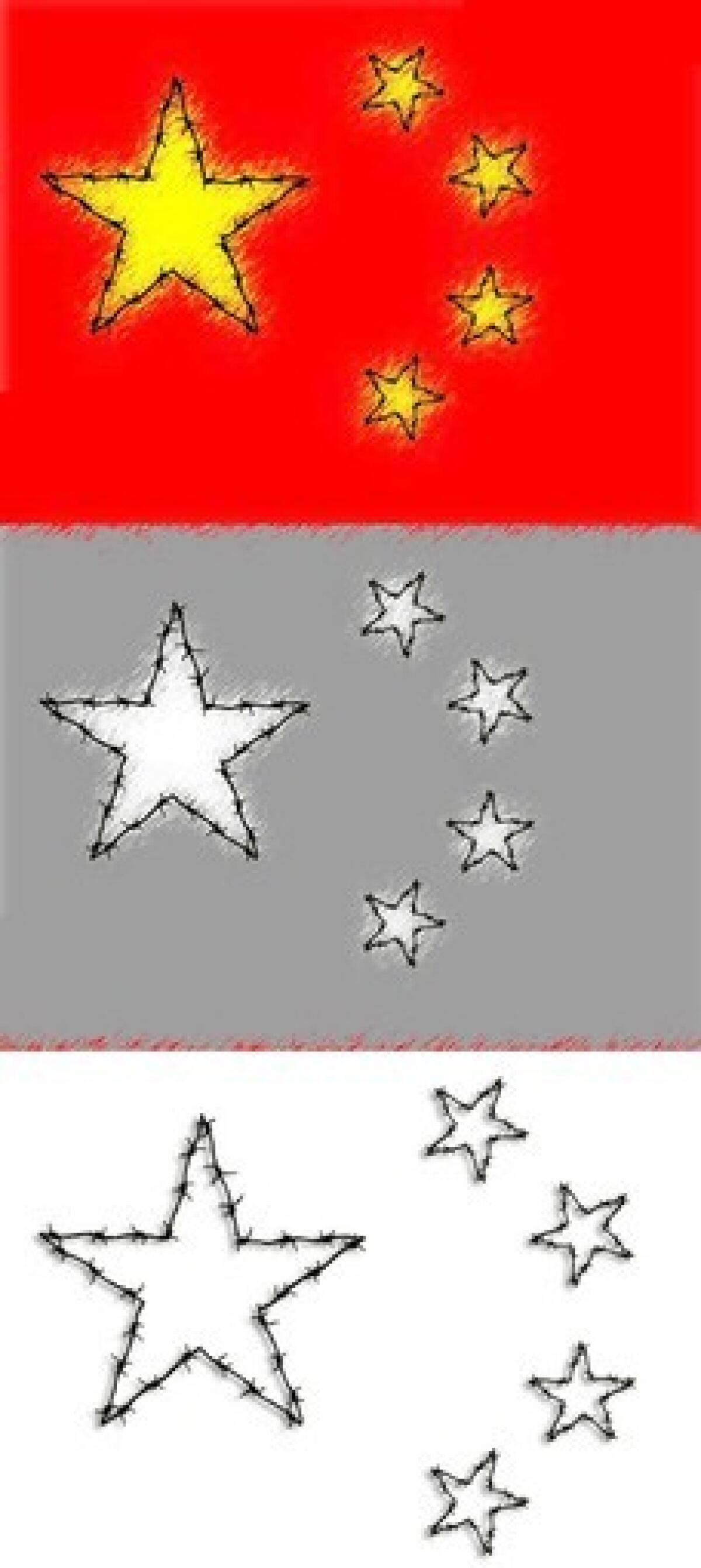‘The Cave Man’ by Xiaoda Xiao

- Share via
The Cave Man
A Novel
Xiaoda Xiao
Two Dollar Radio: 184 pp., $15.50 paper
When it comes to prison literature, China remains a great enigma. Whereas the Soviet Union gave us Alexander Solzhenitsyn -- whose books note the bizarre soul-searching and self-blame that went hand-in-hand with the totalitarian state -- China has, of yet, produced no such comparable international voice in the modern age. Xiaoda Xiao’s “The Cave Man” is unlikely to change that, but it’s a small start. This novel about a man, Ja Feng, recovering from nine months of solitary confinement, is a compelling look at Mao’s forced labor prisons, written by an author who is a survivor of those camps.
“The Cave Man” is an odd little book full of rambling ironies that resemble the cruel coincidences of experimental fiction. In the world Xiao portrays, logic has been thrown out the window, and the fear of prison and torture lingers at the edge of everything. This is true even on the outside, where, rather than being treated with sympathy, prisoners such as Ja Feng are ostracized as shameful and considered unworthy of being part of the world.
As if coming from the womb, Ja Feng must learn anew the art of social interaction once he leaves his cell. His first act of recovery is to ask to be tied to his bed in the infirmary. Then, so his nightly screaming won’t disturb other patients, he requests a return to solitary. “He had a second birth,” says one commentator.
“We better call it reform because . . .” says another, and the ellipses are necessary because with so much pain and time invested, the outcome has to be called good.
Ja Feng’s main fault appears to be a crippling politeness. While Russian prisoners searched their minds for guilt, he seeks to efface himself, as if he indeed existed in a state of shame. At the same time, he becomes something of a rake, pursuing Gui Fang, the lovely widow of the man whose cell was next to his. He dabbles with capitalism, heading to the Gobi Desert to sell clothes on China’s western frontier and later opening a restaurant. Still, his only success comes when he stays at the periphery of society.
Throughout the novel, there are sly bits that edge into dark humor -- any time Ja Feng attempts to live among regular folk, uncanny complications ensue. After he gets a good job with an architectural firm, two nurses he knew in prison appear and their antics ruin his life. Soon the chief of the firm is cutting Ja Feng’s duties and locking him in the attic at night. When he goes to live with his sister, Ja Feng builds himself a small shack that resembles his cell. Xiao makes Ja Feng’s world a reflection of his mind.
Ja Feng’s prison really does travel with him. His best friend is another former prisoner, Maison. The woman who haunts him isn’t his former fiancée but someone he heard about in solitary. At one point, Ja Feng and Maison encounter “a young officer whom they had both known since he was a boy, because he had thrown stones at their solitary cells with the other children,” and the moment almost feels tender.
Meanwhile, denouncing others out of jealousy or for personal gain is rampant. Often this is done for sexual favors or to cover for an affair. Here again, we see the shame with which former prisoners reckon, a stigma that helps people ignore the victims’ pain.
“The Cave Man” is a spare novel, and it lacks two things that Western readers hanker after: glimpses into the interior lives of characters and descriptions of scenes. But there’s an incredible dry relentlessness here, as if fate itself were a character -- a mean, spiteful, vindictive spinster who wants to suck the juice out of life.
Maury is a New York-based writer and critic.
More to Read
The biggest entertainment stories
Get our big stories about Hollywood, film, television, music, arts, culture and more right in your inbox as soon as they publish.
You may occasionally receive promotional content from the Los Angeles Times.










